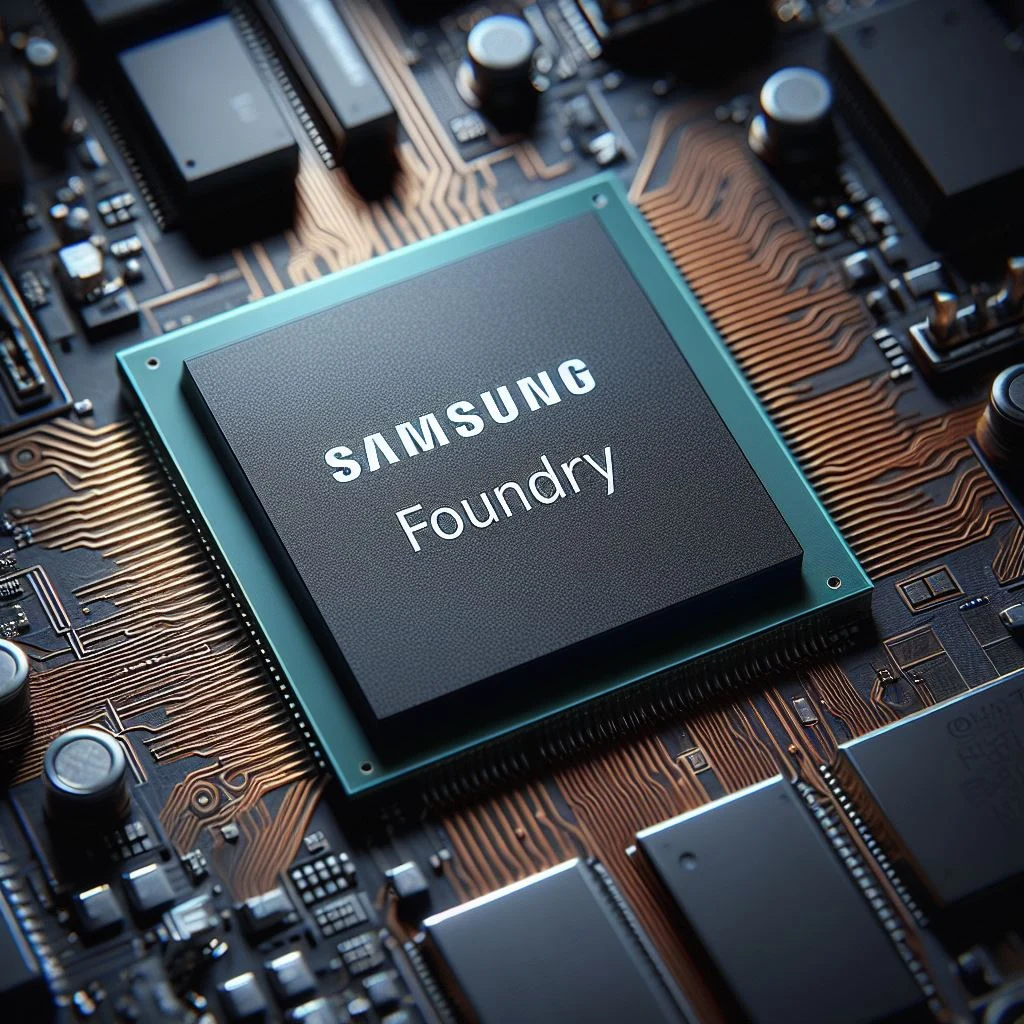Key Takeaways
1. Samsung Foundry halted operations at its 4 nm, 5 nm, and 7 nm fabs due to low demand, focusing on 3 nm products instead.
2. Full production at the 4 nm line is expected to resume in June, primarily serving Samsung LSI and cryptocurrency mining ASIC manufacturers.
3. U.S. sanctions against China may force Samsung to lose Chinese clients, impacting its business.
4. Some Chinese companies are switching from TSMC to local manufacturers like SMIC, potentially affecting Samsung Foundry’s customer base.
5. Revenue from trailing-edge nodes is vital for funding future R&D; without it, Samsung may struggle to compete with TSMC and Intel, leading to possible business divestitures.
Last year, Samsung Foundry had to halt operations at its 4 nm, 5 nm, and 7 nm fabs due to a lack of demand. The company decided to concentrate on its newer 3 nm (and more advanced) products. However, it’s still facing significant challenges. Currently, there is new optimism for the struggling business.
Production Resumption
According to a report from Chosun (H/T @Jukanlosreve on X), the 4 nm line is set to restart full production in June. The orders are expected to come from Samsung LSI, most likely for mid-range Exynos chips and HBM4 logic dies. Additionally, cryptocurrency mining ASIC manufacturers from China are also among the customers. It’s noteworthy that one of Samsung’s initial 3 nm customers was also from that sector.
Potential Challenges Ahead
However, this situation may soon be at risk. The U.S. sanctions against China could compel Samsung to eliminate these clients. Some Chinese fabless companies are already shifting from TSMC to local options like SMIC, and it’s feasible that some have now turned to Samsung Foundry. Nevertheless, it’s just a matter of time before Samsung Foundry encounters such a departure.
Future Implications
This will add more difficulties for the chipmaker, as trailing-edge nodes are crucial for generating revenue that supports future R&D efforts. Without this financial boost, Samsung’s already struggling advanced nodes could lag even further behind TSMC and Intel, potentially leading Samsung to consider selling off parts of its business.
Source:
Link

